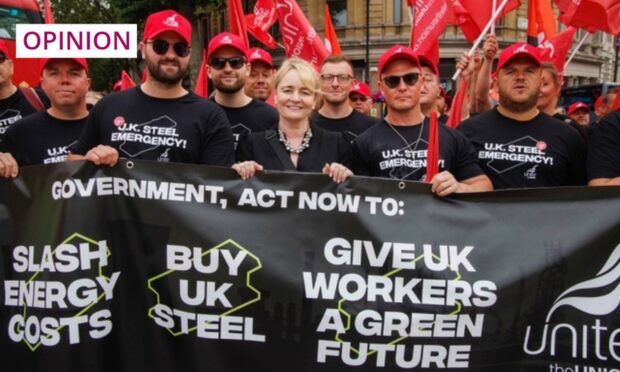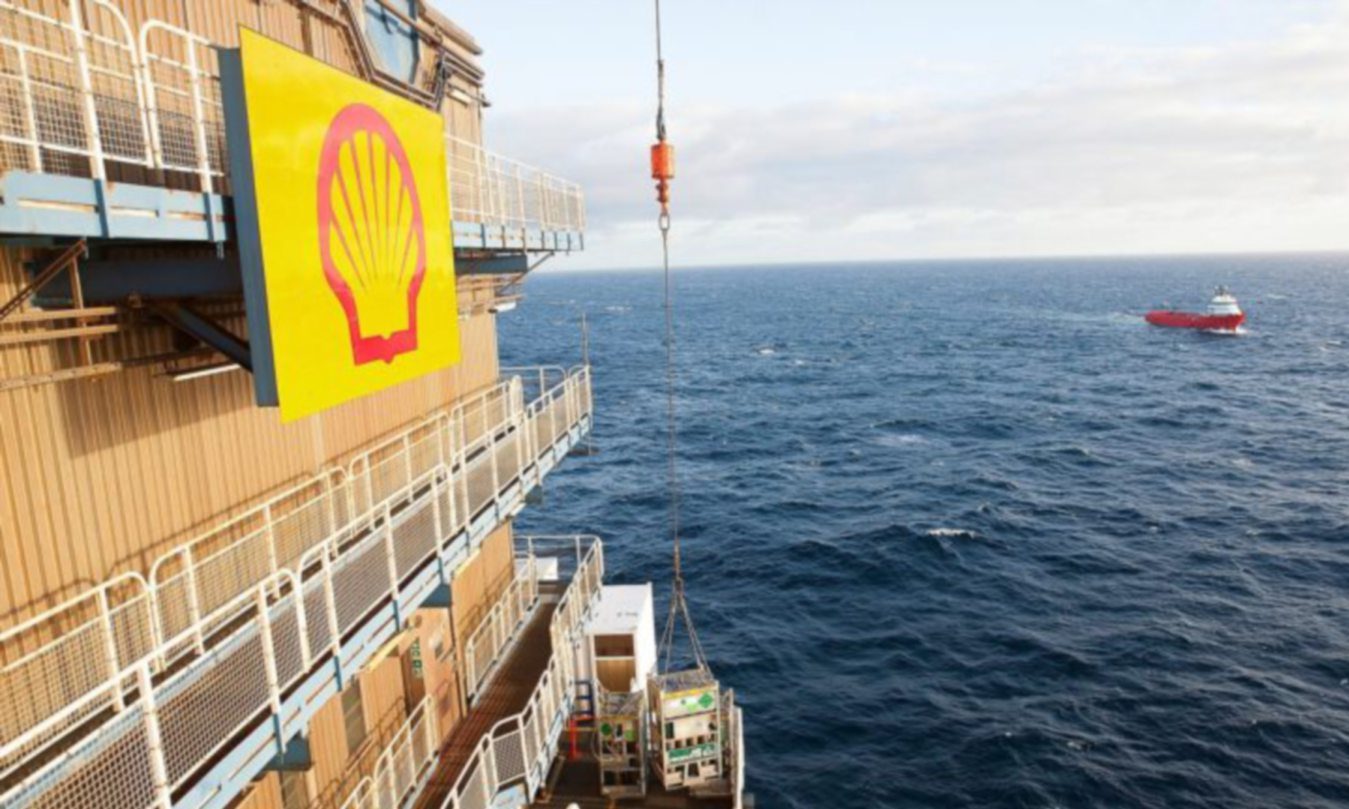Last summer, The Press and Journal ran a comment piece from Unite, written by me, about the so-called “just transition” to net zero.
The headline was right on the money. It declared: “We can’t sit back and allow oil and gas workers to become the miners of net zero“.
I can’t tell you how that has chimed with Unite members and those employed in the North Sea energy industry. Workers cannot be sacrificed on the altar of net zero. After all, we’ve had the warnings of history.
In the 1980s, the decimation of Britain’s coal mines shattered lives and destroyed communities – forever. If the Labour Party fails to heed these lessons when it comes to the North Sea, it will be an historic betrayal. Unite will not stand by and watch workers be thrown on the scrap heap.
That’s why, today (May 17), Unite is launching a key campaign in Scotland to make Labour think again on oil and gas licences. Labour’s current plan for the North Sea industry and net zero is to begin, in government, with a ban on all new licences for new exploration and renewal of current ones. That’s dangerously premature, and reckless.
Why would we pull the plug on new licences and new jobs when there is clearly no viable plan for the replacement of North Sea roles right now? Why let go of one rope before we have hold of another? Our campaign will declare loudly: no ban without a plan.
‘400,000 green jobs’ promise is fantasy
Of course, there’s big talk from the politicians of more than 400,000 green jobs being created in the “green” revolution. That looks like wishful thinking, to say the least. We certainly won’t be accepting jam tomorrow.
Additionally, Big Oil, moving the invisible hand of the market, is simply not providing for the green revolution. Neither is the UK Government.
In 2022, Shell spent an astonishing £21.5 billion on shareholder dividends and share buybacks – over seven times more than its investment in renewables. Last year, the shareholders’ payout was £19 billion – more than 8.5 times what the company invested in renewables.
Britain is bottom of the league in the Organisation for Economic Co-operation and Development countries for government spending on renewables, and Labour has just ditched its £28 billion renewables plan for government.
And, in these dangerous times, what about national security? Of course, we understand the need for net zero – workers understand it – but when and how remain big questions. We already import 40% of our energy.
With the North Sea on our doorstep, are we ready for being further held to ransom by Saudi Arabia and the like. It is blatantly obvious that there can be no ban without a plan.
Invest fraction of oil profits in building a sustainable industry
Unite’s research confirms forecasts from Robert Gordon University and the Scottish Government that, by 2030, we will lose 30,000 North Sea jobs – with thousands and thousands more to go in the coming decades.
This is why we have drawn up our own plans with details on the investment needed. Our research shows how, by 2030, we can create 35,000 real new energy transition jobs in Scotland. Jobs in wind power, hydrogen, carbon capture, and decommissioning.
At the heart of our plan is building local manufacturing for wind power and other renewables.
By 2030, our plan to build domestic manufacturing would create 12,500 permanent jobs
Under government targets, we need to build 3.8 gigawatts of wind power every year. But, currently, the UK’s wind power is being built almost exclusively by foreign multinationals.
By 2030, our plan to build domestic manufacturing would create 12,500 permanent jobs. The investment needed for that, until 2030, is £1.1 billion a year.
That amount is just a fraction of the £36 billion oil companies made from the North Sea, in eye-watering profit, last year alone. And that’s not a handout; it will pay for itself by creating a high-demand, sustainable industry, which supports local economies for the long term.
Unite’s plan highlights that these jobs will be good union jobs with pay, pensions and other conditions that match current roles. And the plan will have a wider benefit for all of us. It will put us on a path to a self-sufficient energy system, harnessing public sector purchasing power to benefit Scottish workers and their communities.
Labour can do better for workers
Workers desperately need a Labour government. Unite recognises that. But it’s right for the unions to argue that the party’s offer can be better, and point out where improvements can be made.
Union intervention on steel improved Labour’s pledges. So would a rethink on oil licences.
Labour needs to pull back from this policy of ending licences. We don’t need more false narratives, pitting climate transition against jobs. It’s time to put in place a viable plan for the future – one with workers at its heart. No ban without a plan.
Sharon Graham is general secretary of trade union Unite



Conversation